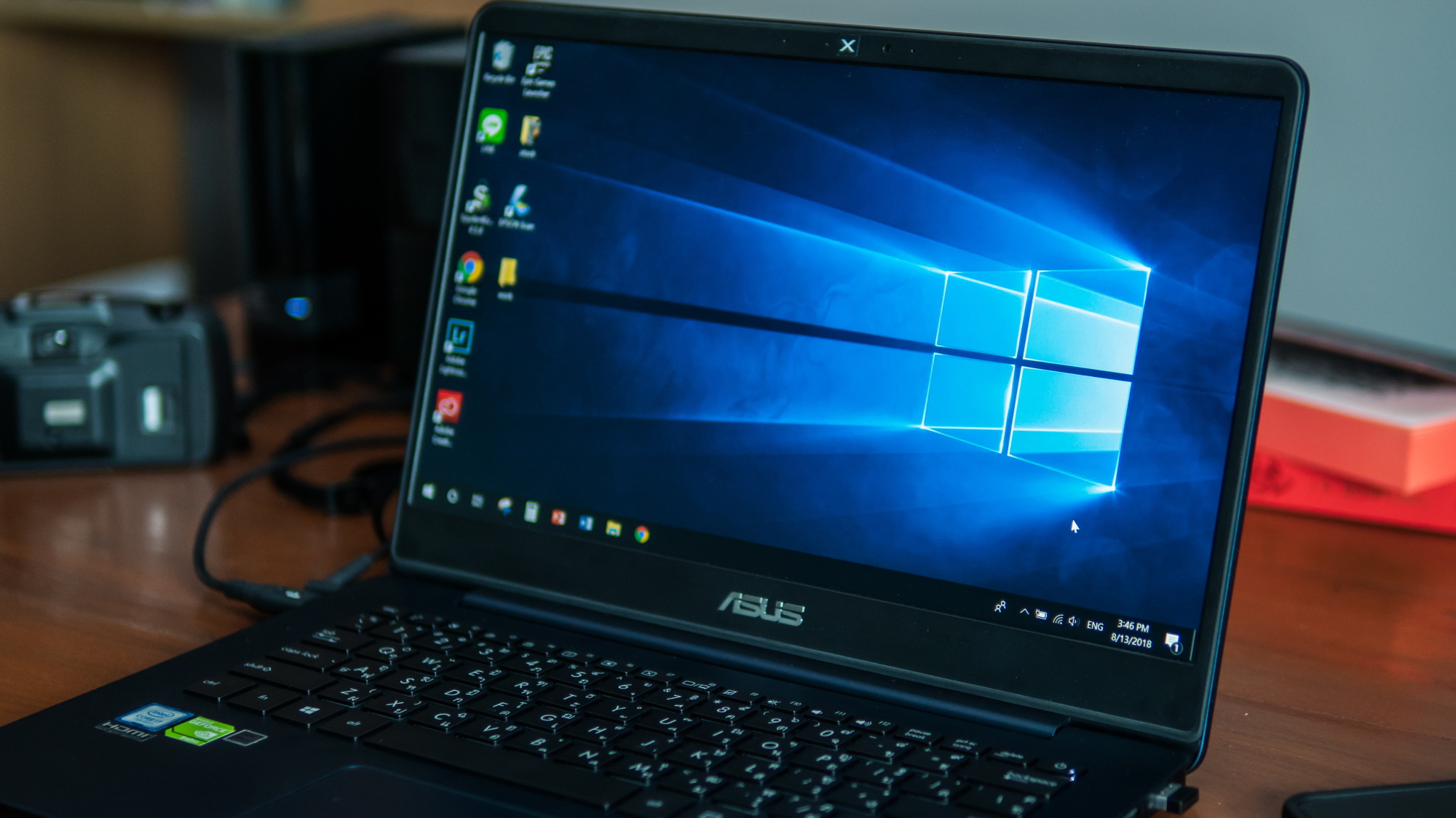'Lucifer' malware targets Windows machines using NSA exploits: Protect yourself now
Lucifer malware creates all sorts of havoc on infected machines

Security researchers have found a new malware strain that hijacks vulnerable Windows devices to mine cryptocurrency and stage devastating DDoS attacks, leading the researchers to prompt PC users and server administrators to ensure that they are being protected by the best antivirus software.
The malware, called "Lucifer" by its discoverers at cybersecurity firm Palo Alto Networks' Unit 42, "brute forces" its way into Windows machines by trying out common usernames and passwords on widely used system ports.
- Best antivirus: protect yourself from attacks with online security
- VPN: add a layer of extra protection thanks to a virtual private network
- Just In: Chrome on Android is getting more secure
The malware primarily targets enterprise servers, especially since those servers can provide entry into corporate networks, but can also infect personal computers.
Unit 42 came across the malware after investigating the CVE-2019-9081 exploit, a vulnerability in the open-source web-application-development Laravel Framework that enables perpetrators to conduct remote-code-execution attacks.
“A closer look revealed the malware, which we’ve dubbed “Lucifer”, is capable of conducting DDoS attacks and [is] well-equipped with all kinds of exploits against vulnerable Windows hosts,” wrote the Unit 42 researchers in a blog post.
(Lucifer's own creators call the malware "Satan DDoS," but Unit 42 thought that might cause confusion as there's already "Satan" ransomware.)
“The first wave of the campaign stopped on June 10, 2020. The attacker then resumed their campaign on June 11, 2020, spreading an upgraded version of the malware and wreaking havoc.”
Sign up to get the BEST of Tom's Guide direct to your inbox.
Get instant access to breaking news, the hottest reviews, great deals and helpful tips.
Powerful malware threat
The researchers described Lucifer as “quite powerful in its capabilities.” Once it has infected a system, it lets the perpetrators mine the Monero cryptocurrency and to spread to other machines on the local network using the EternalBlue, EternalRomance and and DoublePulsar exploits that were stolen from the U.S. National Security Agency some years ago.
According to the researchers, hackers are “weaponising” a range of security vulnerabilities using the Lucifer malware.
Identified by Common Vulnerabilities and Exposures (CVE) ID numbers, these include CVE-2014-6287, CVE-2018-1000861, CVE-2017-10271, ThinkPHP RCE vulnerabilities (CVE-2018-20062), CVE-2018-7600, CVE-2017-9791, CVE-2019-9081, PHPStudy Backdoor RCE, CVE-2017-0144, CVE-2017-0145, and CVE-2017-8464.
“These vulnerabilities have either high or critical ratings due to their trivial-to-exploit nature and their tremendous impact inflicted on the victim,” explained the researchers.
“Once exploited, the attacker can execute arbitrary commands on the vulnerable device. In this case, the targets are Windows hosts on both the internet and intranet, given that the attacker is leveraging certutil utility in the payload for malware propagation.”
Certutil.exe is a Microsoft utility that manages the digital certificates necessary to conduct secure internet communications and transactions.
- The best Windows 10 VPN is your first line of defence
How to avoid the Lucifer malware
Although these vulnerabilities are certainly worrying, the researchers noted how patches are “readily available” and urged organisations to keep their systems updated to mitigate attacks.
The researchers added: “While the vulnerabilities abused and attack tactics leveraged by this malware are nothing original, they once again deliver a message to all organizations, reminding them why it’s utterly important to keep systems up-to-date whenever possible, eliminate weak credentials, and have a layer of defenses for assurance.”
To make sure your Windows system, whether it's a laptop or a web server, isn't hit by the Lucifer malware, make sure it's fully patched with the latest Windows security updates, and that the system-administrator username and password are strong and unique.
Of course, it helps to be running some of the best antivirus software, most of which will recognize and block Lucifer and its various components right away.
- Read more: Check out our Antivirus Software Buying Guide
Nicholas Fearn is a freelance technology journalist and copywriter from the Welsh valleys. His work has appeared in publications such as the FT, the Independent, the Daily Telegraph, The Next Web, T3, Android Central, Computer Weekly, and many others. He also happens to be a diehard Mariah Carey fan!
